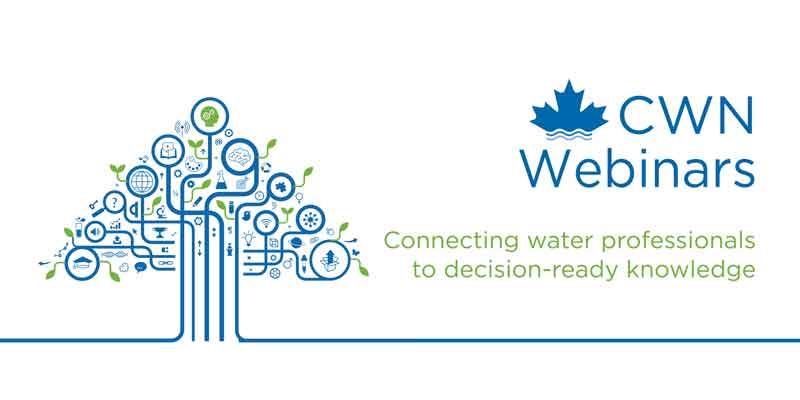Applications and Barriers to Innovation in Use of Advanced Oxidation Processes (AOP) in Management of Wastewater
Principal Investigator - Cooper Langford, Faculty Professor, University of Calgary (2001-2004)

Challenge
Canadian drinking water supplies are generally regarded to be of excellent quality. However, the country still experiences some 500 boil water advisories in an average year, indicating that there are still areas in which progress can be made. Advanced oxidation processes (AOPs) represent a promising avenue of research. With a high oxidative capability and efficiency, AOPs are becoming increasingly popular in tertiary treatment to remove persistent organic and inorganic contaminants, though high costs have inhibited widespread commercial use. To address this issue, the research team proposed to design an adsorbent which could be regenerated photochemically. To go beyond invention and support innovation, the project actively examined the technology-policy interface in water treatment.
Project
To encourage innovation, the research team approached the project in two phases, each of which would inform the other. The first phase involved the design of an integrated photocatalyst adsorbent (IPCA). IPCA systems treat microorganisms and chemical contaminants (e.g. chlorinated species, trace chemicals), after which the adsorbent regenerates photochemically (in the presence of light), thus avoiding the need for replacement. A reactor system was developed for the implementation of this regenerating adsorbent material and strategic relationships were established to carry the process forward to manufacturing. Complementing this development process, the research team examined barriers that impede the introduction of new technologies. User surveys were employed to evaluate attitudes toward water consumption, revealing substantial interest in “point of use” water treatment.
An inter-disciplinary effort, the project incorporated researchers and partners from universities, government and public/private sectors. Technological work was integrated as part of the “SmartWaterBC” pilot study of six IPCA systems on Bowen Island, off the coast of Vancouver.
Outputs
As a result of the research project, several patents relating to the developed ICPA technology were issued. As well, the project resulted in a number of publications, reports and conference presentations, some of which are listed below:
Peer-reviewed Publications
- Bhargava, A., Kabir, M., Vaisman, E., Langford, C.H. and Kantzas, A., “Effectiveness of a Novel Photocatalytic Reactor for Wastewater Treatment”. Industrial and Engineering Chemistry, June 2003.
- Kabir, M., Haque, F., Vaisman, E., Langford, C.H. and Kantzas, A., “Disinfecting E-Coli Bacteria in Drinking Water Using a Novel Fluidized Bed Reactor”, Chemical Reactor Engineering IX, Quebec City, Quebec, June 29-July 4, 2003. International Journal of Chemical Reactor Engineering.
Reports
- Kantzas, A. Langford, C.H., Vaisman, E. “Report on Phase 2 Technology Commercialization Project: Photocatalytic Method to Destroy By-products of Chlorination, Odor Offensive Compounds, and Viruses” Report to Alberta Heritage Foundation for Medical Research, May 30, 2003.
Conference Presentations
- Holbrook, J.A.D. and Langford, C.H. “The Interaction of Policy and Technology: Potable Water Systems Post-Walkerton” Canadian Water Network First National Symposium, St John, NB, 2003.
- Langford, C.H. and Holbrook, J.A.D. “The Interaction of Technology and Policy for Potable Water”. International Union of Pure and Applied Chemistry, Ottawa, ON, Aug. 10-15, 2003.
- Haque, F., Kantzas, A., Vaisman, E. and Langford, C.H., “Performance of Photocatalyst during Degradation of Organic Pollutants in Water”, presented at the 52nd Canadian Chemical Engineering Conference, Vancouver, British Columbia, October 20-23, 2002.
Outcomes
- Several companies expressed interest in the commercialization of the project results, including PERM Environmental, Trojan Technologies, and Davnor Water Technologies
- Ultimately, it is anticipated that photocatalyst technology will replace ultra-violet purification in the treatment of drinking water




